A judge in Texas has dismissed almost 60 cases against migrants accused of participating in a riot at the U.S.-Mexico border.
These cases involved allegations of breaching a razor wire barrier in El Paso on April 12. County Court of Law Judge Ruben Morales ruled on Monday that he did not have jurisdiction over these cases.
Jurisdiction Issues Lead to Case Dismissals
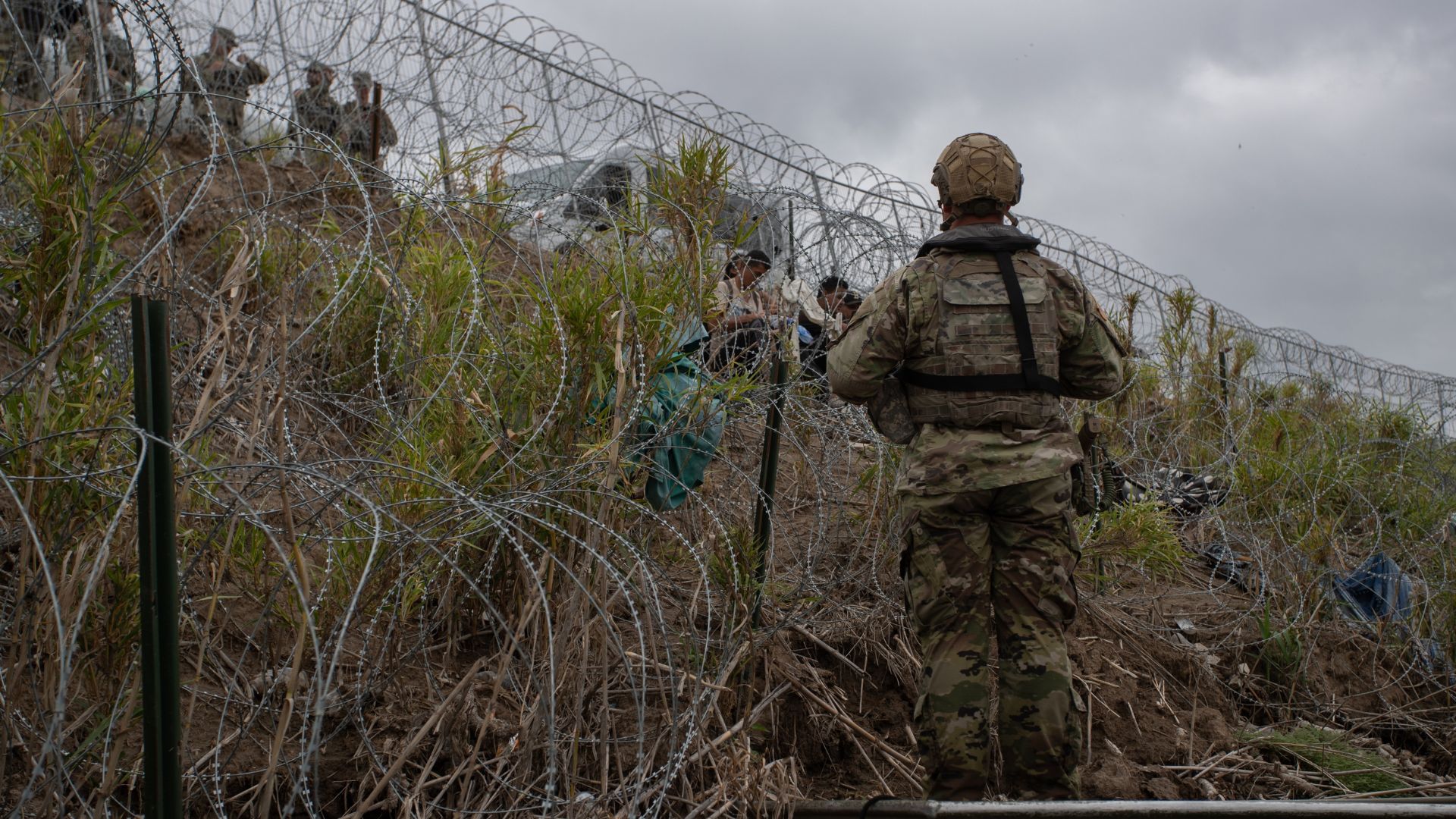
Judge Ruben Morales dismissed the cases against 59 migrants, stating, “I don’t have jurisdiction.” The migrants had been charged with misdemeanor riot participation related to the April 12 incident at the border.
El Paso District Attorney Bill Hicks announced plans to appeal the judge’s order, describing it as “erroneous.”
Operation Lone Star’s Legal Challenges
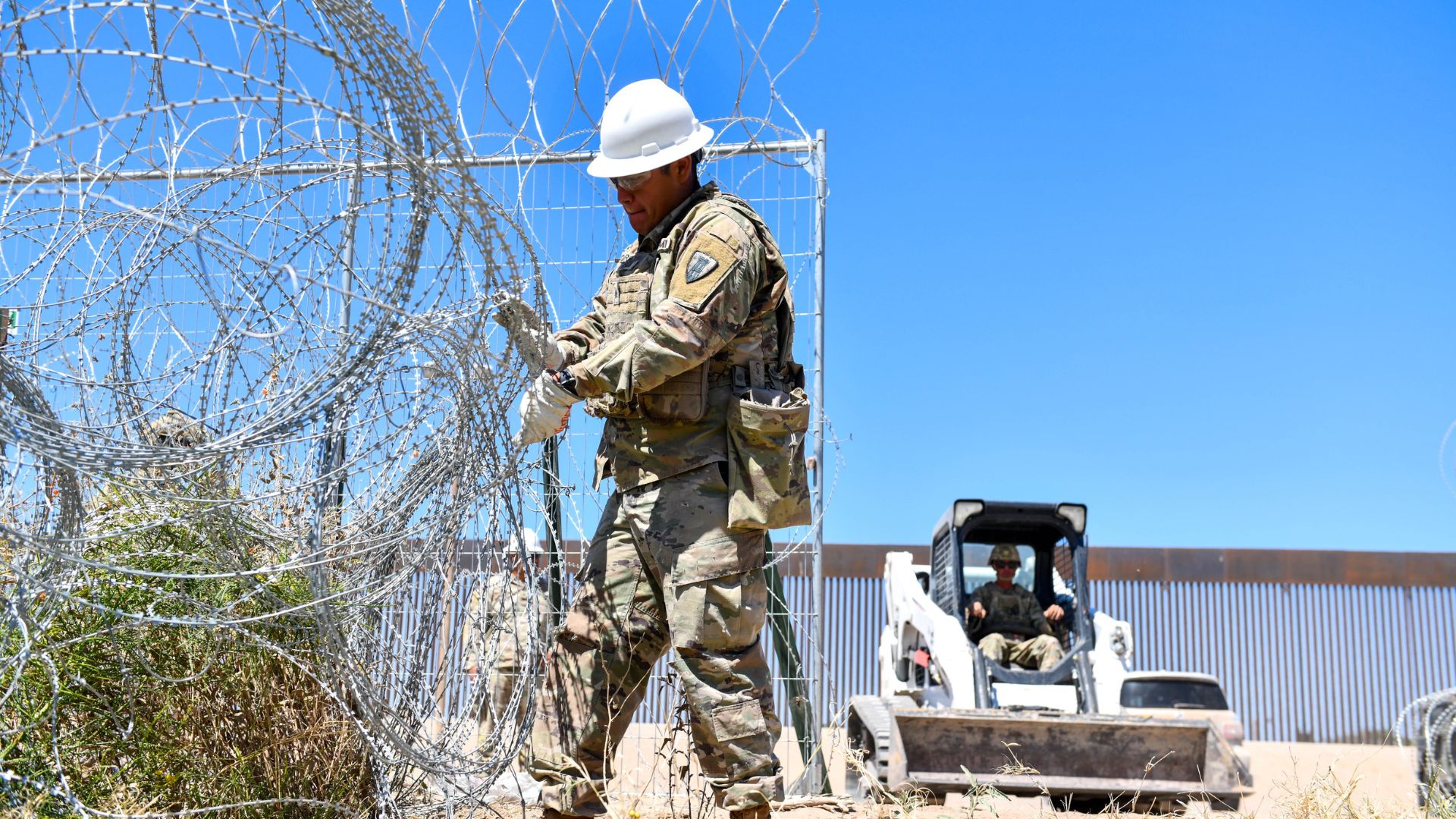
More than 200 migrants were charged following encounters with forces deployed to the border as part of Republican Governor Greg Abbott’s Operation Lone Star.
This initiative, costing billions, involves aggressive measures to curb illegal crossings from Mexico. However, most of these cases have been dismissed, and Hicks’ office is appealing those rulings as well.
District Attorney to Appeal Ruling
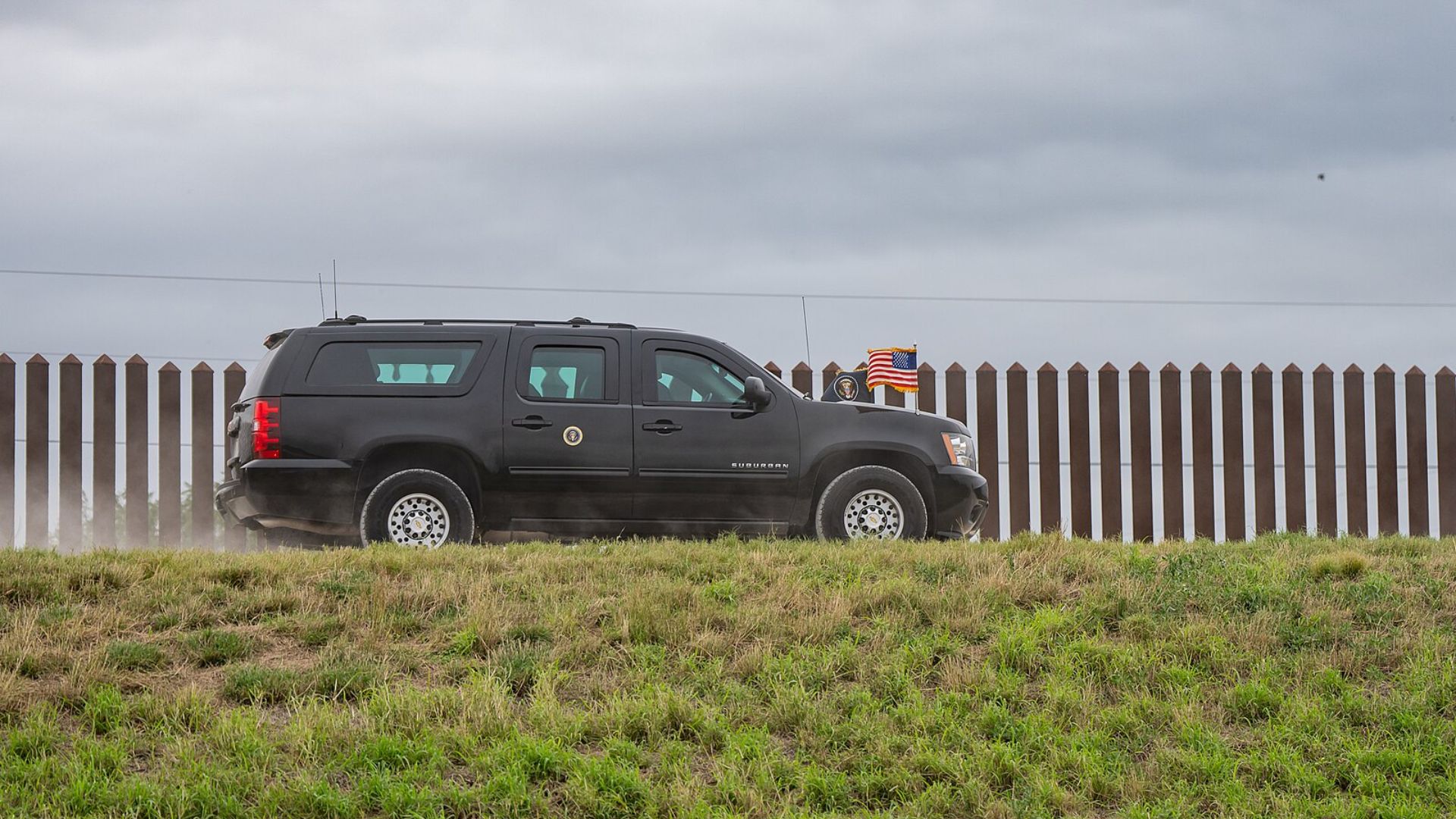
El Paso District Attorney Bill Hicks expressed his intention to appeal the dismissals.
He stated, “The appellate process is a very long process, but we anticipate that at some point in the future the Court of Appeals will come back and say, in fact, ‘Judge (Ruben) Morales’ rulings and orders were improper,'” according to the El Paso Times.
Hicks Criticizes Jurisdiction Decision
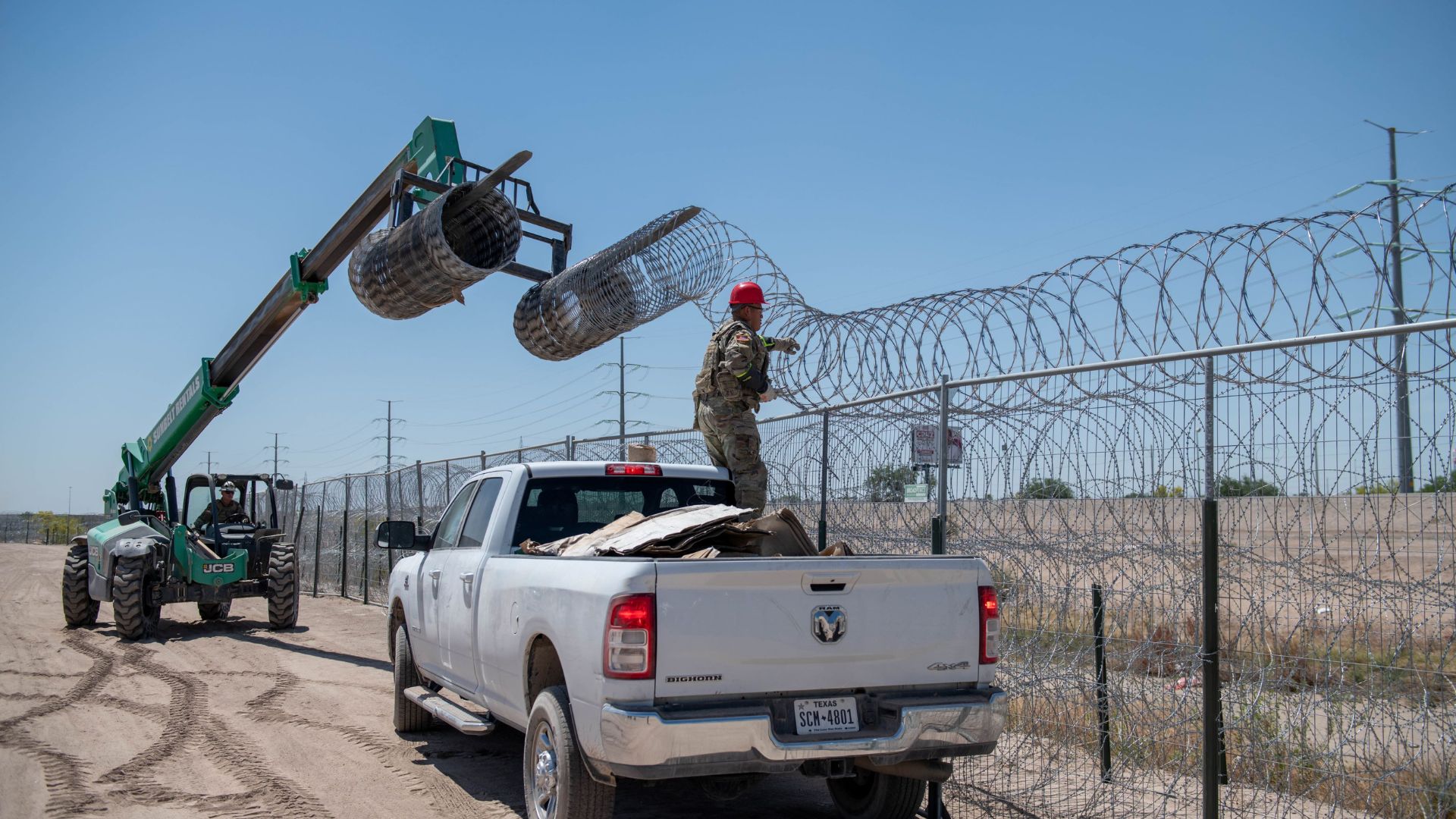
Hicks is determined to overturn Judge Morales’ rulings.
“The appellate process is a very long process,” Hicks said, anticipating future reversals. He believes the judge should have transferred the cases back to the grand jury court.
Public Defender Opposes Appeal

El Paso Public Defender Kelli Childress-Diaz, representing many of the migrants, argued against appealing the ruling.
She stated, “The law is clear in this regard, so it doesn’t seem like this is a place to be expending limited justice system resources.” She emphasized the waste of county resources in pursuing the appeal.
Migrants Face Long Detentions
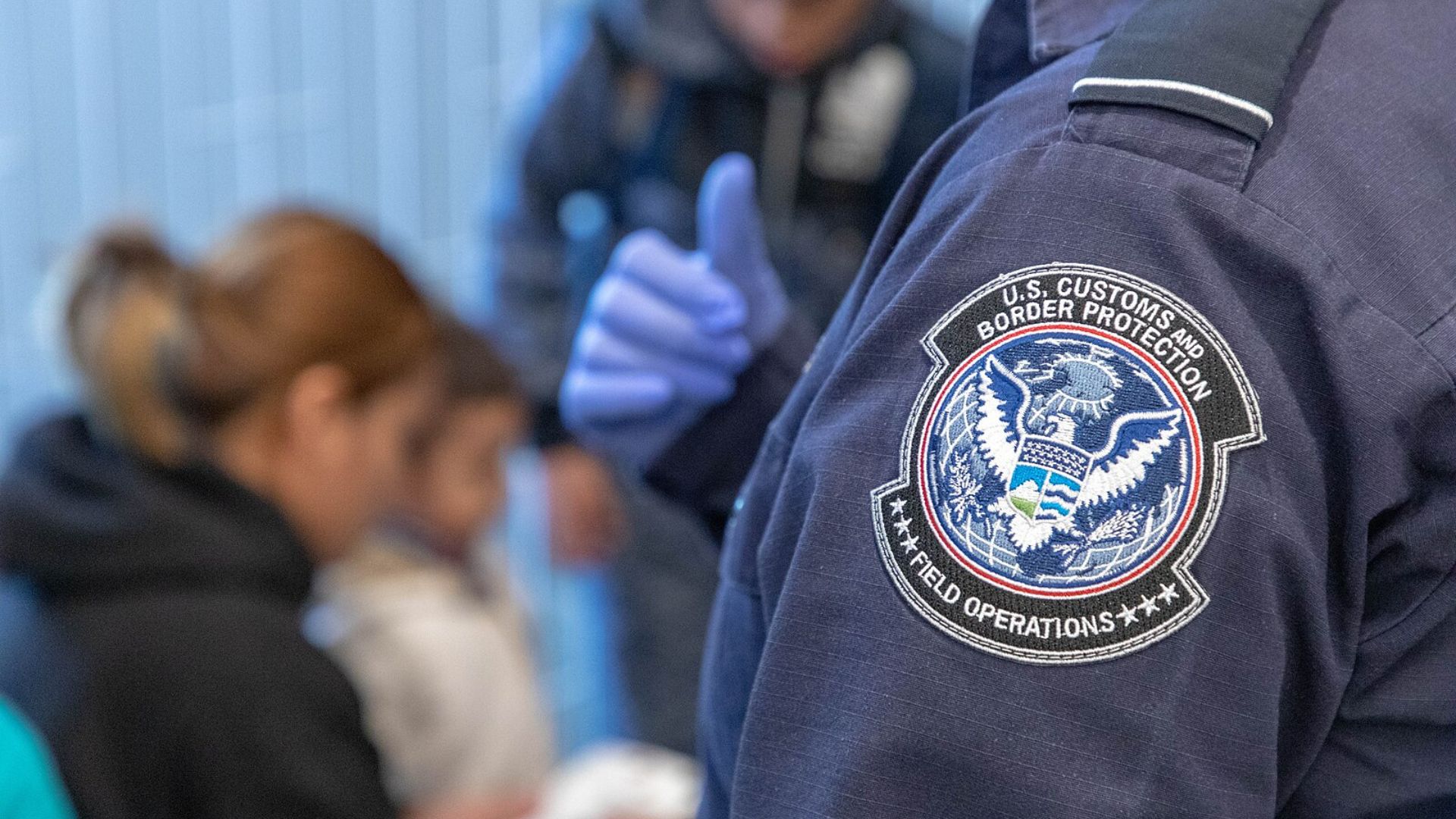
The migrants, who were facing a maximum penalty of 180 days in jail, have already been detained for more than 60 days awaiting trial.
The prolonged detention period has raised concerns among defense attorneys and migrant advocates about the fairness of the judicial process.
Plea Deals Offered and Rejected
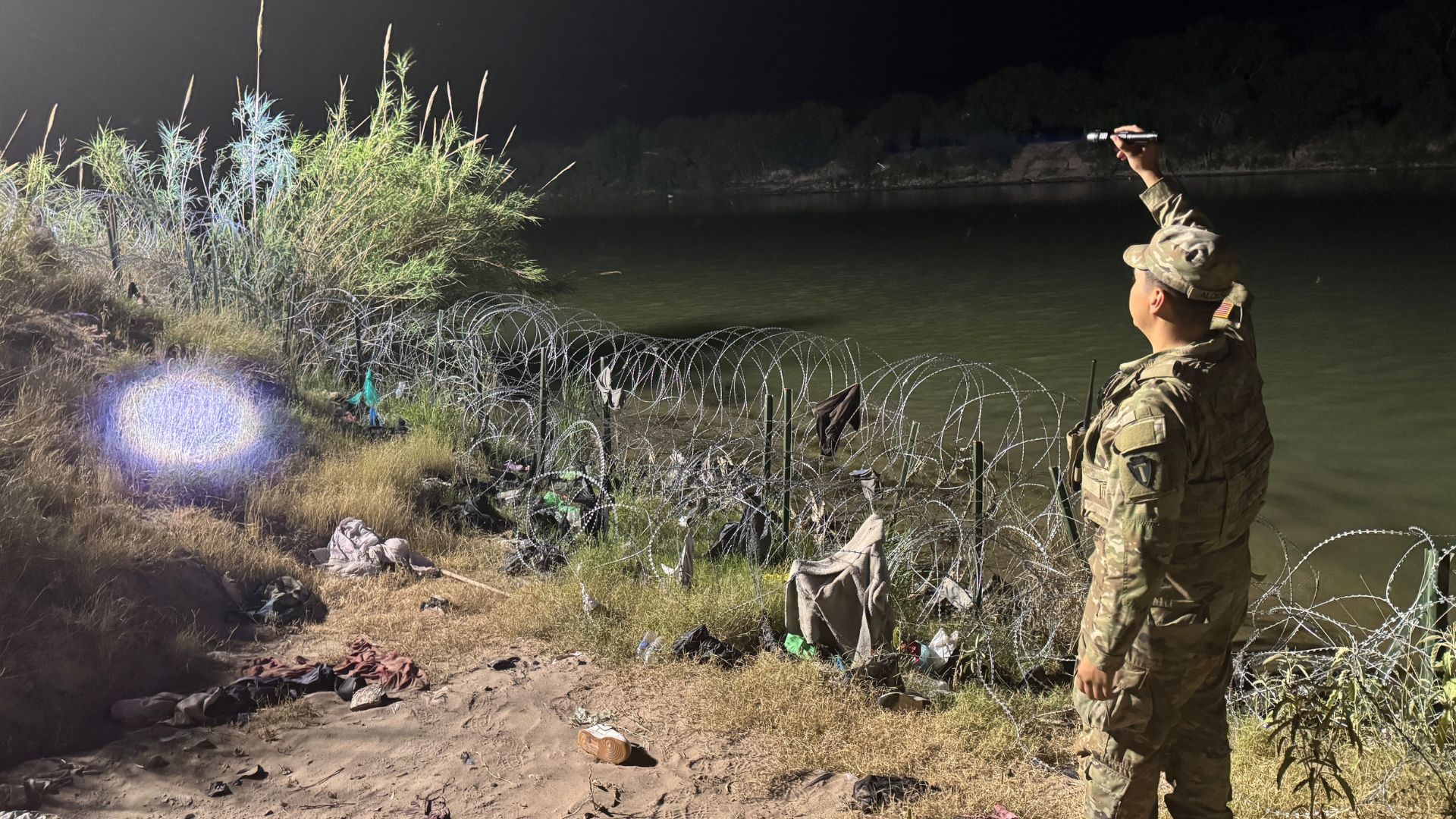
Hicks’ office offered plea deals with sentences of time served plus one day to the detained migrants. However, many migrants represented by Childress-Diaz’s office rejected these deals.
Childress-Diaz explained, “The choice to accept or decline plea agreements belongs to my clients,” highlighting their right to plead not guilty.
Defending the Right to Plead Not Guilty
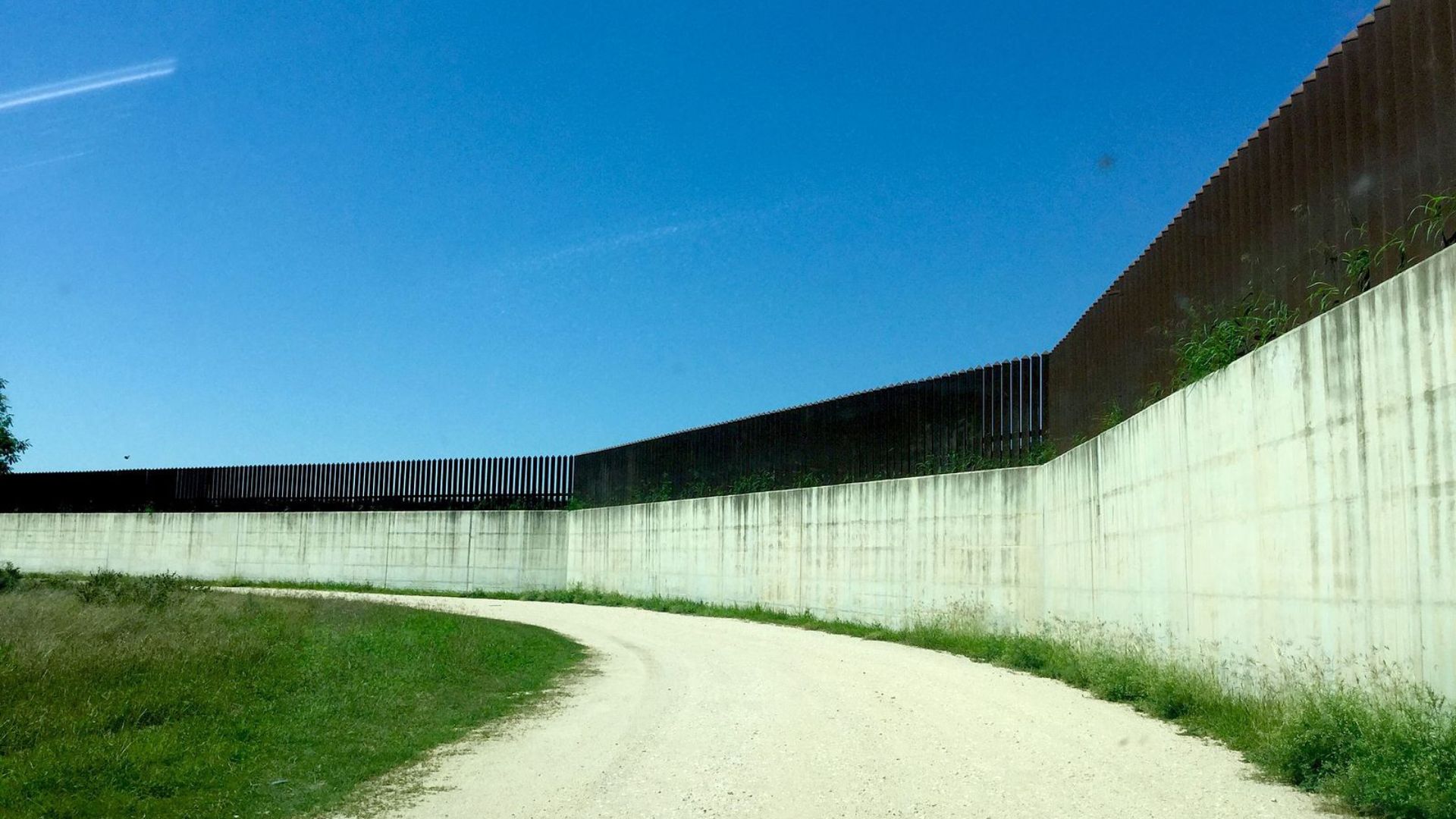
Childress-Diaz emphasized that her clients have the right to refuse plea deals and maintain their innocence.
She said, “I’m not allowed to reveal what their reasons are, but I can tell you from a perspective of a criminal practitioner, it’s common for people who are not guilty to insist on pleading not guilty.”
Legal Battle Over Border Cases
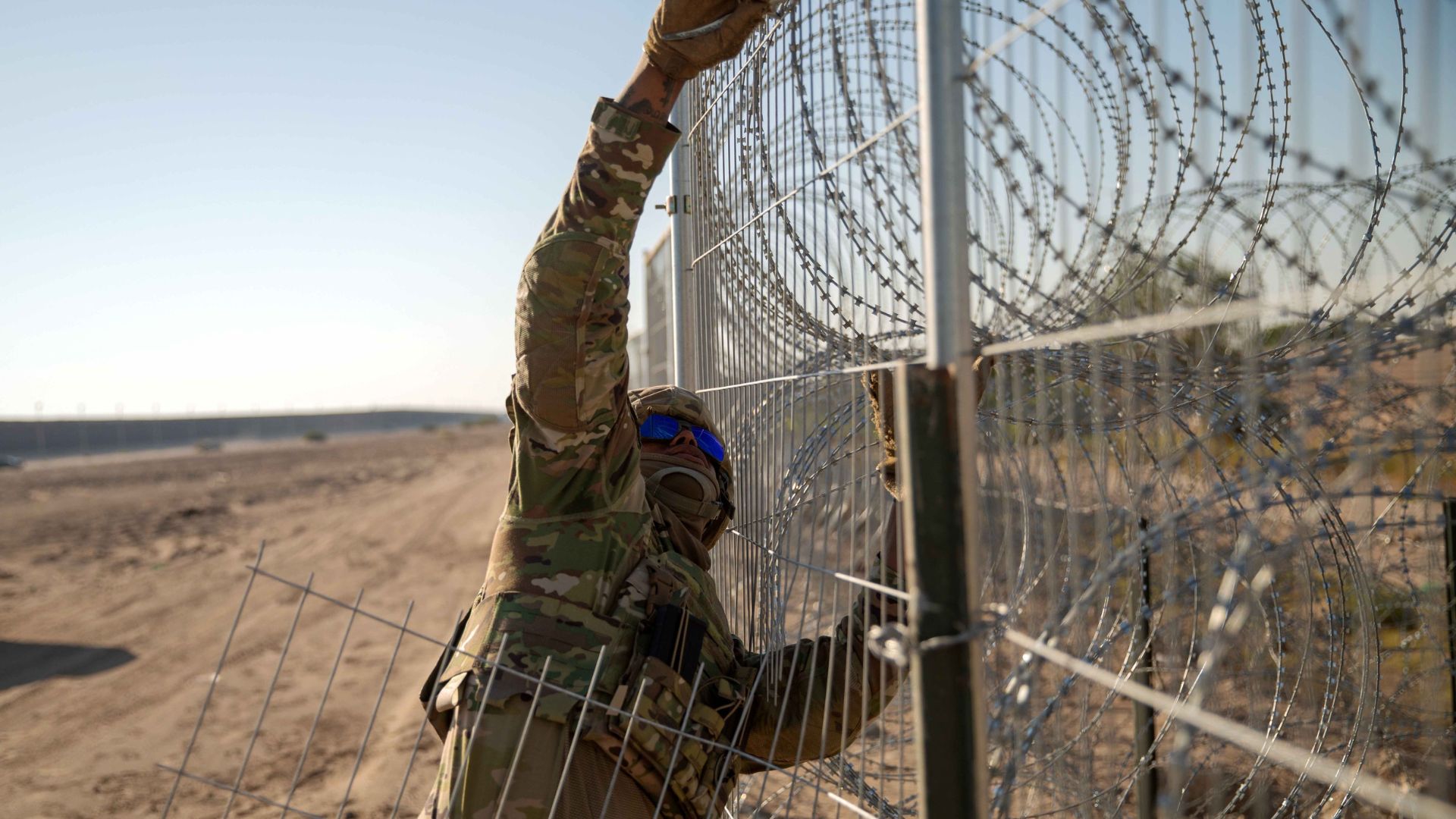
As Hicks prepares to appeal the dismissals, the legal battle over these border cases intensifies.
The outcome of these appeals will have significant implications for Governor Abbott’s Operation Lone Star and future legal actions against migrants at the Texas border.
Community Concerns Over Resources
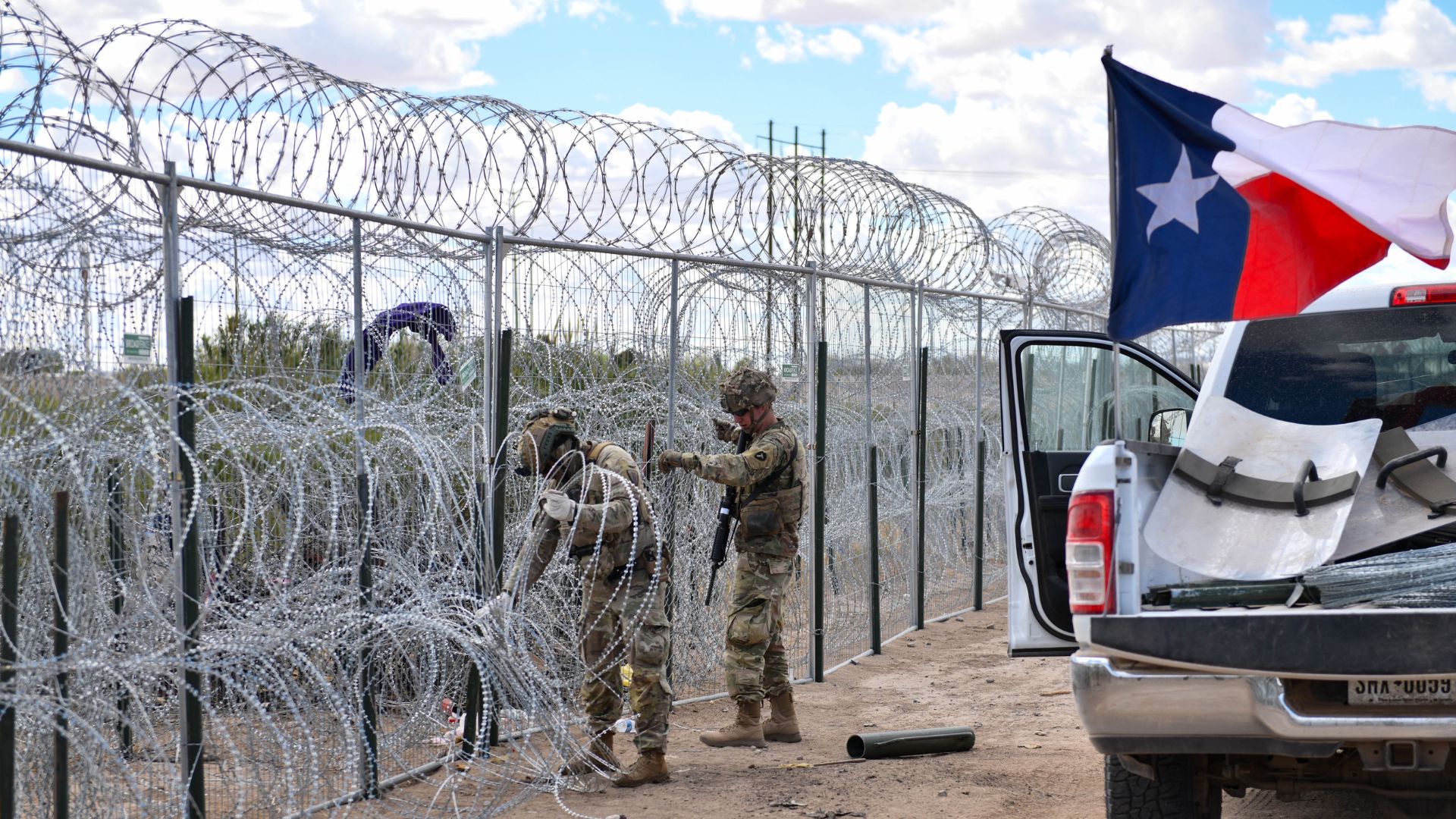
The ongoing legal proceedings have sparked discussions within the community about the use of county resources.
Public Defender Childress-Diaz and others argue that the appeals process diverts limited resources away from other critical areas within the justice system.
Broader Impact on Border Policy
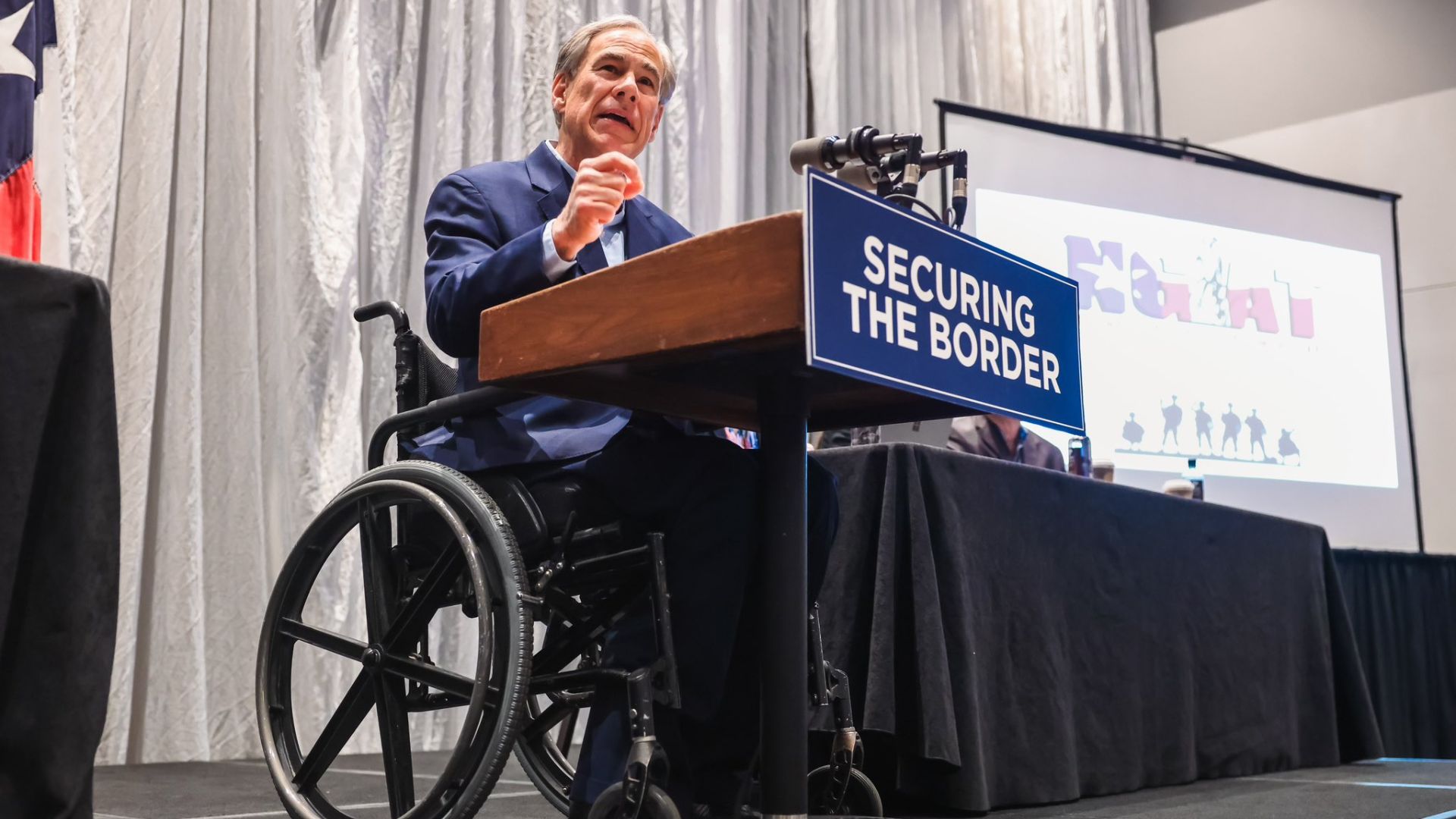
This case highlights broader issues related to border policy and enforcement in Texas.
As legal challenges continue, the balance between ensuring border security and upholding fair judicial practices remains a central concern for lawmakers, legal professionals, and the community.
